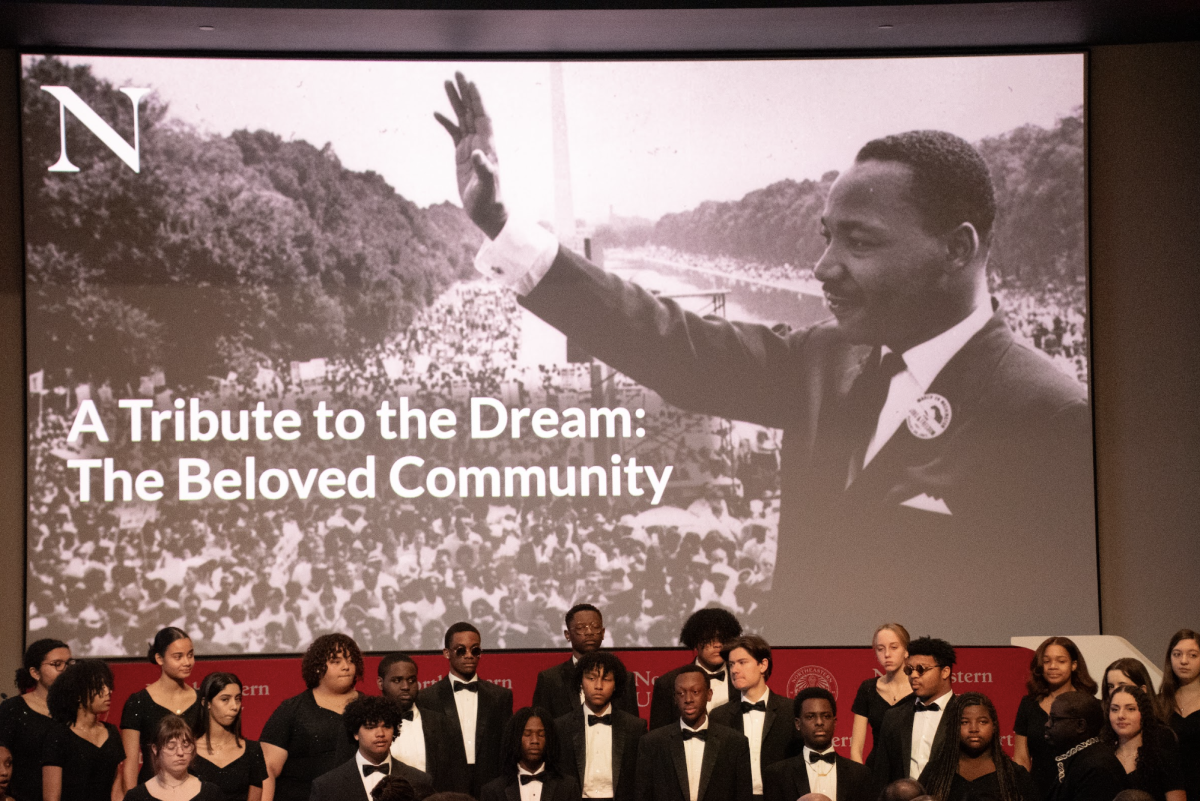Northeastern announced plans to move toward becoming a four-year institution Wednesday ‘- a decision that has been long-discussed and raises several big questions.
The first, and perhaps most simple, is what exactly does this change? There are plenty of students who already limit their co-ops to one, two or none, and graduate in four years. Some of them are planning to attend graduate, medical or law school, or just want to move on to the ‘real world.’ As student options currently stand, graduating in four years is quite doable. According to The Boston Globe, 17 percent of students graduate in four years.
The second question is how the change is supposed to benefit students or the university. Northeastern has established itself as the top co-op school in the country and attracts students because of it. Part of that notable co-op program is being a five-year school, and it would probably hurt the quality of the program to encourage students to rush. Students now come to Northeastern willing to spend and extra year at school, but if that additional year becomes an option and not the standard, students will come here expecting four years of study and will be hesitant to do five.
The final question regards the proposed track students would need to follow to graduate in four years with two co-ops. Students would be required to take a class online while on co-op. First of all, most co-ops require students to work 40 hours per week, sometimes more. It’s unreasonable to ask them to put in additional time ‘- when they come home tired from a full day’s work ‘- to do online course work.
There is also reason for concern over the quality of this online education. There’s almost no way an online class can compare to being in a classroom several times a week ‘- listening to a professor and discussing things with classmates. It has even been suggested that advanced writing would be moved online ‘- a class that is typically discussion-based. And on top of that, students are expected to pay for these second-rate lessons. One of the benefits of co-op for many (though not all) students was that they would earn money. It’s not uncommon for that money to go towards living expenses or paying off loans. But with the proposed four-year plan, students will have to continue to pay some sort of tuition while working.
Will this online education even be worth the money? Chances are, it won’t be. Non announcement has been made about the price of online courses, but if Northeastern charges less than it does for normal classes, it is essentially admitting that they aren’t of the same caliber. On the other hand, if it charges just as much, it will likely be over-charging students for an education of lesser quality.
Let’s imagine for a moment that this is an excellent decision. Aoun and Provost Stephen Director have yet to give a good explanation of why. All we hear is talk of attracting top students and improving Northeastern. It has also been said that students want this change. But if that were true, wouldn’t more students be graduating in four years already? It’s incredibly vague. No one has said exactly why becoming a four-year institution makes Northeastern more appealing or how it improves students’ education.
So until there’s a real explanation, we remain skeptical. All signs point to this being another vague attempt at improving the school’s rankings. Students already have the option of graduating in four years and that’s the way it should stay. Some programs require five or more years, but that should only add to the quality of the degree. Doesn’t it stand to reason that more time studying and working will better serve students after they graduate?
Unless there’s a real reason, Northeastern, let’s not try to fix what isn’t broken.
Editorial: Four-year plans raises questions, concerns
December 9, 2009
More to Discover








